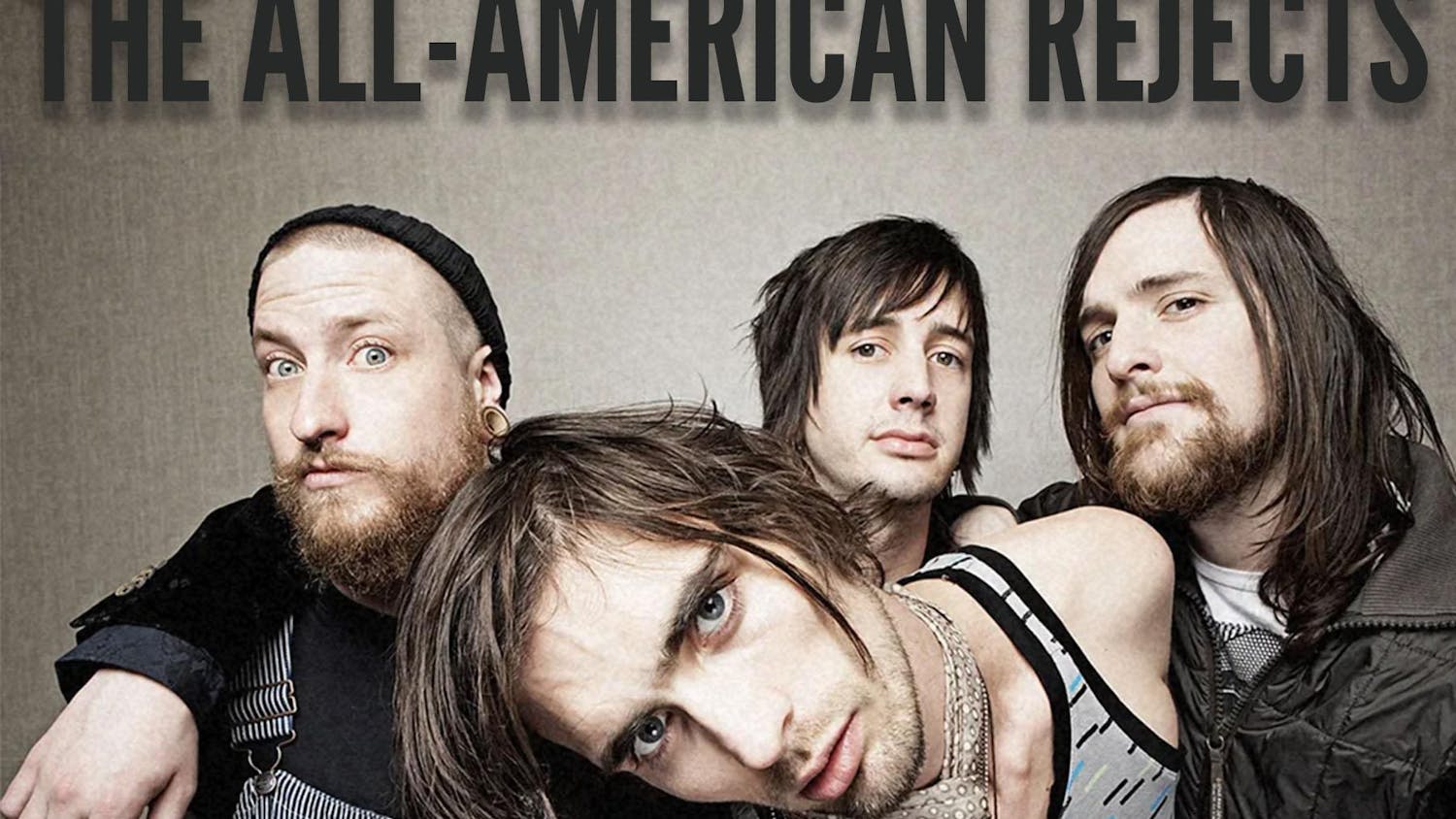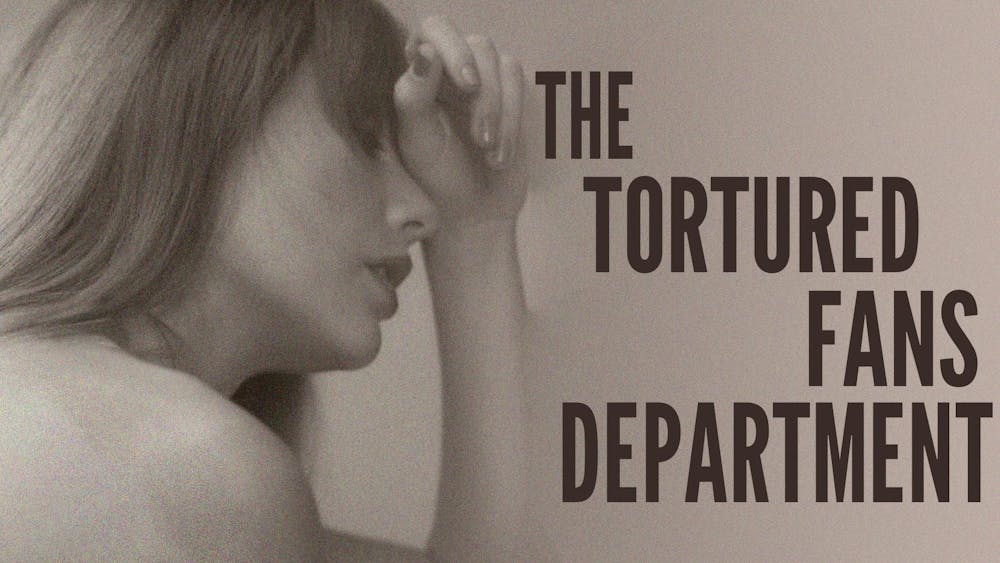
In Ian McEwan’s new book, “The Children Act,” he wrestles with these issues through the medium of the law. Judge Fiona Maye, the protagonist, is forced to decide the fate of a 17-year-old Jehovah’s Witness when his parents (and the boy himself) refuse the blood transfusions deemed necessary by the hospital to save his life.
It is not the first difficult choice of Fiona’s career. In the case that made her famous as a judge, she was asked to decide whether a set of Siamese twin should undergo a surgery that would separate them. It would kill one of the brothers, but avoiding the surgery would kill both boys. She decides in favor of the surgery, choosing to save one life rather than costing two. She does this in defiance of the babies' parents.
Interspersed throughout the narrative are Fiona’s memories of the decisions she has written. She frequently quotes what she believes to be the meaning of welfare, something she understands to be holistic. Her refrain in both decisions is that she must choose whatever allows for the greatest happiness; at her core, she is a utilitarian.
Adam, the 17-year-old Jehovah’s Witness she saves against his will, experiences a crisis of faith after her decision. He does not understand what causes his parents to react in joy to the judge's decision — after all, they fought for her to choose the opposite.
The question of hypocrisy in religion is what haunts Adam. He was willing to die for his religious beliefs, yet when he discovers he doesn’t have to, he realizes his parents are not as devoted as he believed.
This is an issue we as Notre Dame students have to grapple with. We in the modern world struggle with various biblical commandments — which of these must we take seriously, and where do we draw the line?
Fiona comes down clearly on the side of science — she does not see how she could allow people to die when science could save their lives.
At this point in our lives as students, we are not asked to debate upholding religious morals versus saving someone’s life. Our struggles are much more mundane, yet we must balance the same issues.
Moral principles, for better or for worse, confine us to certain codes of behavior. In general, we believe that following our moral codes will make us better people and help us lead better lives. But there is no doubt that certain Bible passages were written in a time and place so different from our own that they do not deal with all of the same issues we face today.
Adam’s family rejects the idea of blood transfusion because of the biblical passage where God condemns the consumption of blood. In court, the hospital attempts to make the point that until 1914, Jehovah’s Witnesses could receive blood transfusions. It was a decision made by a council of elders in Brooklyn that outlawed the concept. The lawyer questions whether blood transfusions can be considered the same as eating blood.
We know from history that biblical interpretation is a tricky business. It defines how Christians view themselves and others in various religious traditions. There is no concrete answer to these questions — like all great literature, the Bible can and does support many different viewpoints, with no hope for ever resolving the debate.
Perhaps one of Ian McEwan’s greatest strengths as a writer is composing endings that leave the reader with questions, but that is, of course, the beauty of the issue.
I have to admit, I got about halfway through “The Children Act” before I remembered there was a reason I’ve never finished either “Atonement” or “Sweet Tooth” (also by Ian McEwan). For some reason, though I continue to have an appreciation for his skill and value as a contemporary author, I find McEwan hard to read. I think it’s because I innately know he will never give me the end I desire. That is, he won’t give me a young adult fiction ending, where everything is tied up and all questions are answered. McEwan will ask me to keep thinking about the issues he raises, and no, he’s not going to give me an answer.
In finishing “The Children Act,” I realized my intuition was correct. Fiona can’t resolve her feelings about either case, and there is no sign she ever will. She, and the reader by extension, are forced to continue wrestling with the question of biblical interpretation. In the end, McEwan’s desire to make me think is valuable. If, as a Notre Dame student, I am ever going to balance religion and science, I have to take the time to grapple with it, even if I never find the answers I want.













